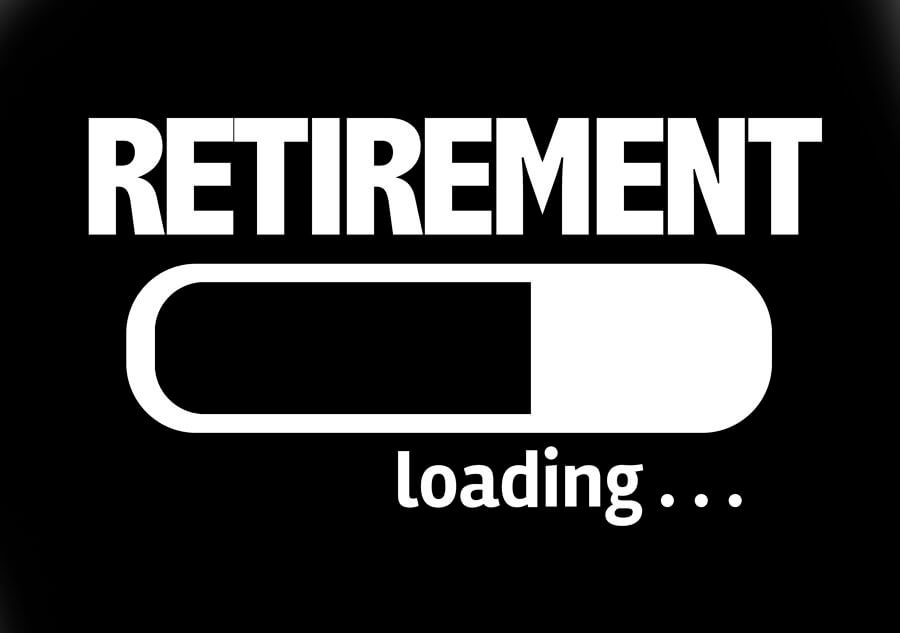What’s the deal with Phased Retirement?
The day is finally here, RETIREMENT! You wake up (when you please, although your body is probably still used to your rigid work schedule wake up), roll out of bed, brew a cup of coffee, sit down and…now what? It seems the goal has been reached, the golden years are being redeemed, but yet, what’s the next part? The list of things to accomplish and enjoy may be long: travel, hobbies that may have been neglected and new adventures to begin. But what to do with the day to day? This is where many retirees end up, not knowing how to transition from a regular 9-5 or other regular work schedule to being the boss of their own time.
The freedom and flexibility of retired life, for some, may seem scary and the confusing feeling of wanting to go back to work may creep in. Many retirees cite that their day to day life deteriorates in some way from the lack of structure. As human beings, we are very routine. We get used to the safety of knowing what comes next in our day. A lack of structure can be frightening and something that many do not expect to be a worry or fear in retirement, after all, as teenagers, don’t we yearn for the freedom away from our parents?
But alas, there is a solution. Many retirees find that they don’t have to leave the workforce completely, but rather, they phase out their retirement. They scale down their 40 hour work week to a few days and few hours a week. The above situation may be one reason, but there are multiple reasons why recent retirees remain at their jobs, ranging from the need for a supplemental income to needing a purpose and routine to daily life.
Phased retirement is a program that many employers are implementing because it is also beneficial to the employer. The benefits that the recent retiree possesses can help the transition process proceed smoothly. In many cases, the recent retiree may serve as a mentor to the employee being trained to take over their position. Or, they may stay on and act as an expert or advisor to the business, loaning their many years of knowledge. For the retiree, they are able to continue to exercise their vast knowledge of their field and keep the wheels turning, both for their own mental faculty and the company.
Another added benefit to staying active during retirement (either through a hobby, volunteer work or phased retirement) is that the brain remains active. Science has shown, that keeping mentally active helps to ward off dementia. For example, studies have shown that those who speak multiple languages (therefore engaging various aspects of their brain) have a lower risk of Alzheimer than those who speak only one language.
Regardless, if your passion for your career continues past retirement or if you choose a new hobby to undertake, the main suggestion that studies seem to stress is to stay mentally active, to keep the wheels turning and to continue to have purpose and satisfaction in daily life. Because as humans, we all seek self-fulfillment and purpose, which can often be lost in the free flowing world of retirement.
